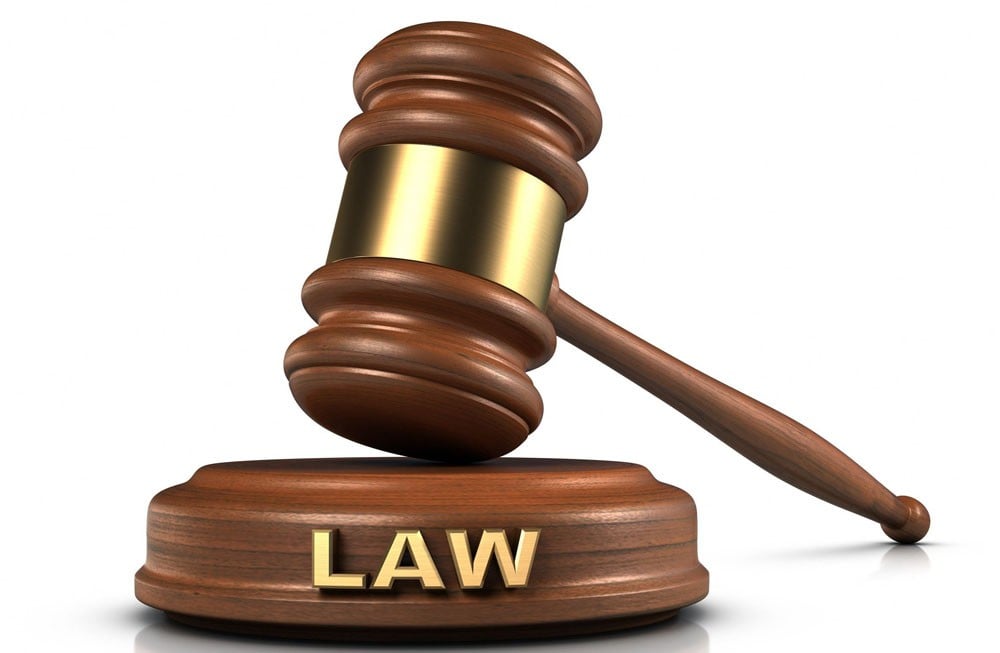Table of Contents
ToggleIntroduction:
In the criminal justice system, prosecutors play a https://www.qortuba.org/ vital role in seeking justice, upholding the law, and ensuring the rights of both victims and defendants. This article delves into the key responsibilities and functions of a prosecutor, shedding light on the crucial role they play in the legal process.
Prosecutor’s Role and Responsibilities:
- Legal Representation: Prosecutors serve as legal representatives of the government in criminal cases. Their primary responsibility is to represent the state or federal government in the pursuit of justice.
- Charging Decisions: Prosecutors have the authority to make charging decisions. They review evidence presented by law enforcement, decide whether there is sufficient evidence to file charges against a defendant, and determine the appropriate charges based on the evidence.
- Case Preparation: Prosecutors are responsible for preparing cases for trial. This includes gathering evidence, interviewing witnesses, working with law enforcement, and ensuring that all legal requirements are met.
- Negotiating Plea Deals: In many cases, prosecutors engage in plea negotiations with defense attorneys. They may offer reduced charges or recommend a more lenient sentence in exchange for the defendant pleading guilty. Plea bargains help expedite the legal process and manage caseloads.
- Legal Advocacy: Prosecutors act as legal advocates during court proceedings. They present evidence, examine witnesses, and argue legal points to support the state’s case against the defendant.
- Victim Advocacy: Prosecutors advocate for victims of crimes, ensuring that their voices are heard in court. They keep victims informed about case developments, provide support, and consider their perspectives when making decisions about plea bargains or trial strategies.
- Legal Research and Analysis: Prosecutors conduct legal research to stay informed about relevant laws, precedents, and court decisions. This knowledge is crucial for building strong cases and responding effectively to defense arguments.
- Courtroom Conduct: Prosecutors are responsible for https://www.ibunker.us/ maintaining professionalism and ethical conduct in the courtroom. They must adhere to the rules of evidence, court procedures, and legal ethics throughout the trial.
- Appeals: In cases where a conviction is challenged, prosecutors may be involved in the appeals process. They defend the original conviction, presenting legal arguments to appellate courts.
- Community Engagement: Prosecutors often engage with the community to build trust and address concerns related to criminal cases. Community outreach helps foster transparency and a better understanding of the legal process.
Qualities of an Effective Prosecutor:
- Legal Acumen: Prosecutors must have a strong understanding of criminal law, courtroom procedures, and legal strategies.
- Ethical Integrity: Ethical conduct is paramount for prosecutors. They must uphold the highest standards of integrity and fairness.
- Effective Communication: Prosecutors need excellent communication skills to articulate legal arguments, engage with the court, and interact with victims, witnesses, and law enforcement.
- Analytical Skills: The ability to analyze complex legal issues and evidence is essential for prosecutors to build strong cases.
- Resilience: Prosecutors often face challenging and emotionally charged cases. Resilience is crucial for maintaining focus and professionalism under pressure.
Conclusion:
Prosecutors are instrumental in the criminal justice system, balancing the pursuit of justice with the protection of individual rights. Their multifaceted role involves legal representation, case preparation, advocacy, and ethical conduct. As key players in the legal process, prosecutors contribute to maintaining law and order while ensuring a fair and transparent criminal justice system.

